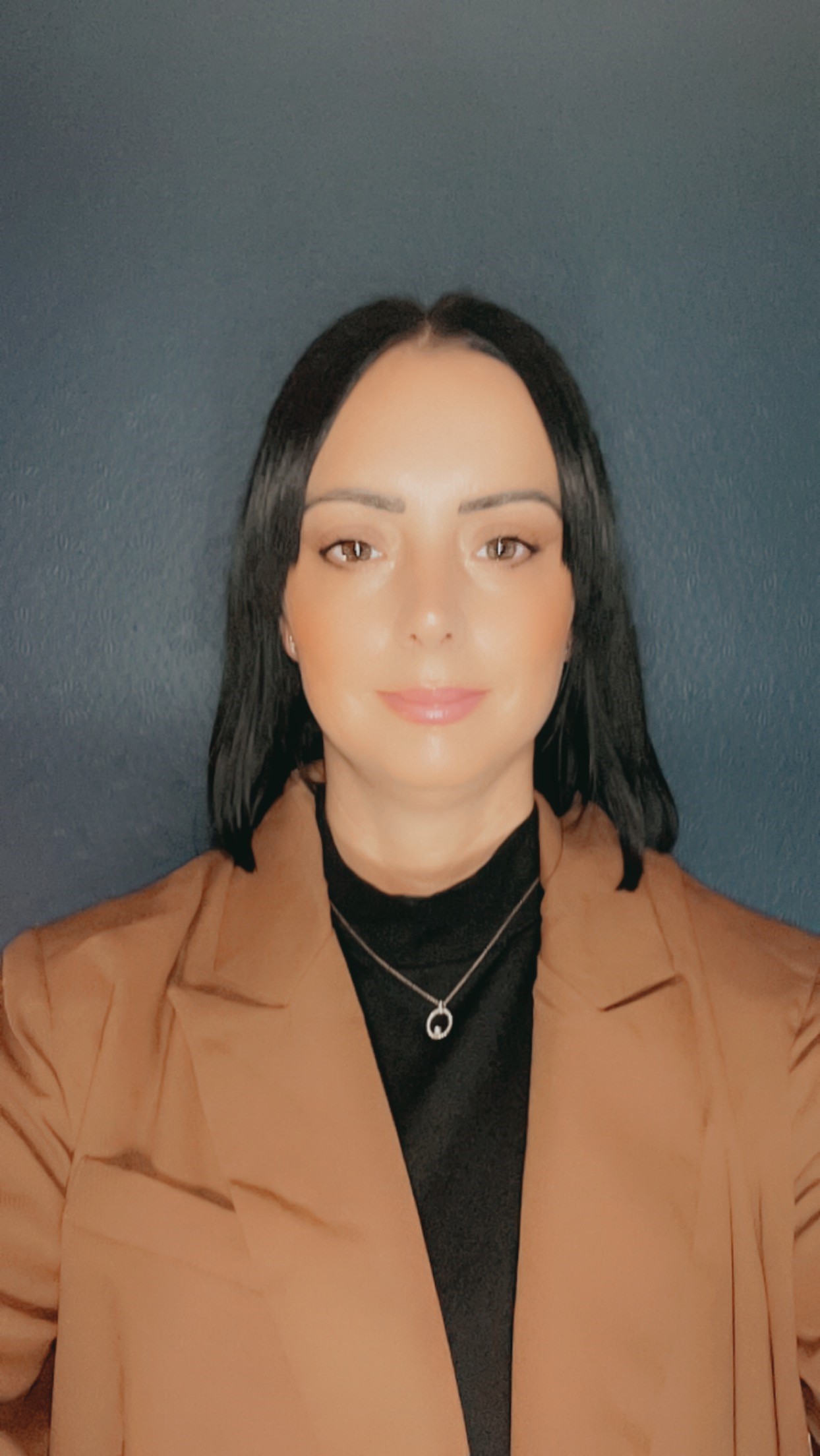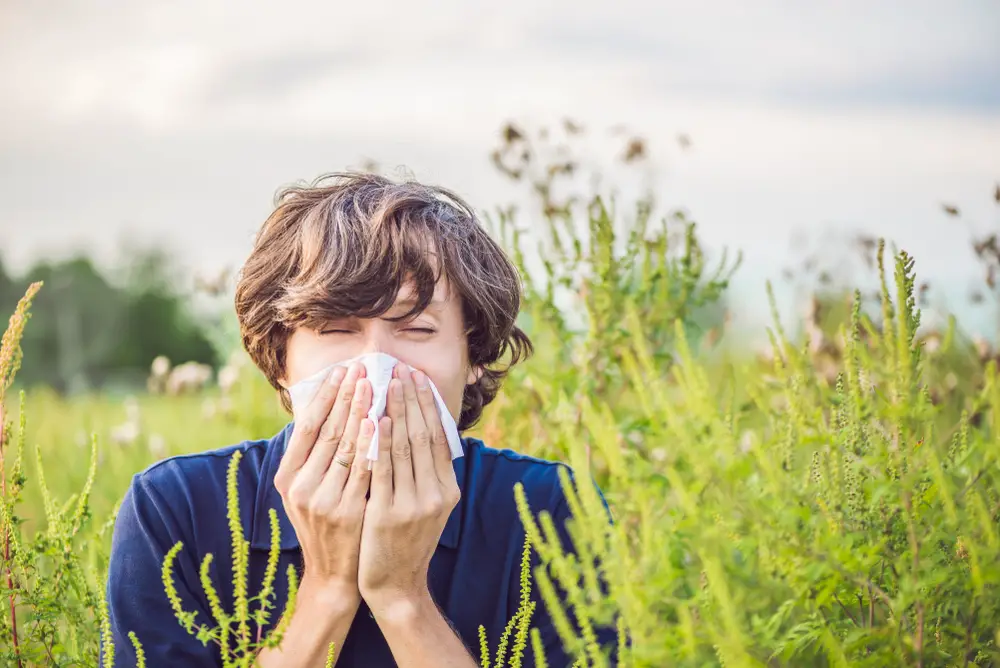Have you ever wondered when pollen season starts? Knowing this information is incredibly beneficial to anyone who has a pollen allergy. So, here’s when pollen season starts and what to do about it when it does.
Pollen season usually begins in March and typically lasts up until fall. However, different plants release pollen at different times of the year, so this can have an impact. Other factors like your location and the weather may also affect pollen season.
What Is Pollen?
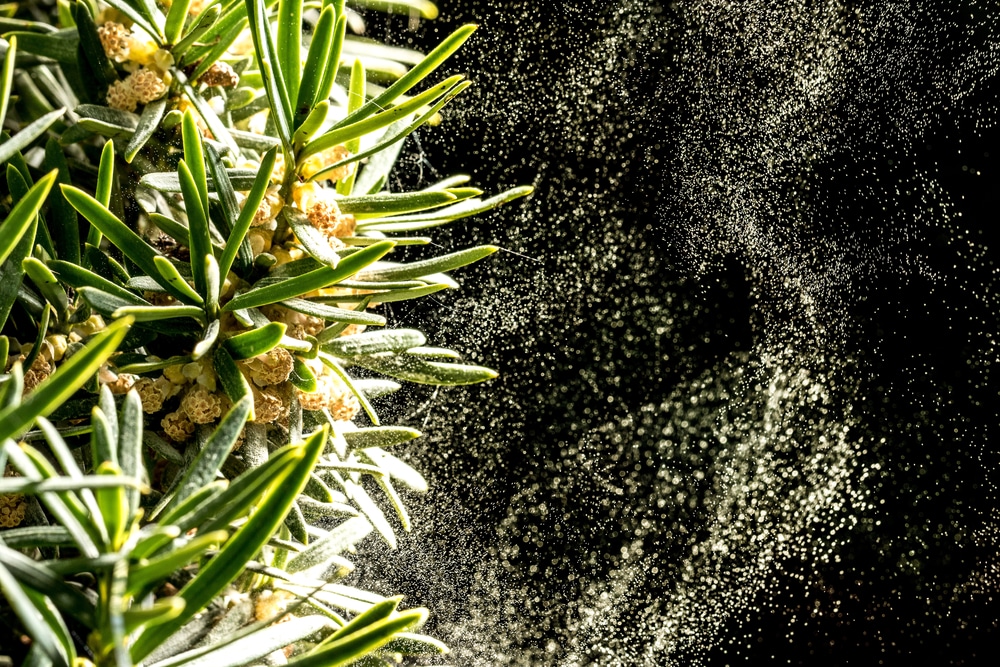
Pollen is a reproductive part of plants. It’s a yellow substance with a powdery texture made from tiny individual grains.
The male part of a flowering plant (the stamen) makes pollen. The stamen has pollen sacs located within its anthers which burst open, releasing pollen. This begins the process of pollination.
Pollination occurs when a pollinator, such as an animal, insect, or even the wind or rain, transfers the pollen to the female part of another plant (the stigma).
Why Is It Beneficial To Know When Pollen Season Is?
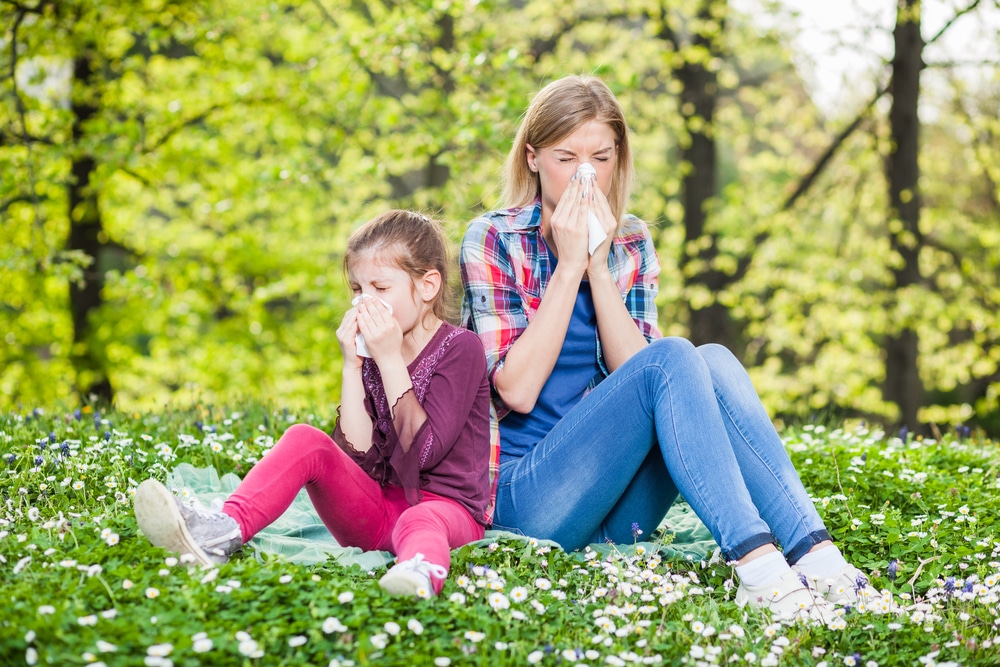
Pollen is a vital part of nature. Without it, plants would not be able to reproduce.
Knowing when your plants are ready to pollinate can help ensure a good yield if you’re a keen gardener. Growing things like sweetcorn, fruit trees, cucumbers, pumpkins, and a whole lot of other veggies relies on good pollination.
Understanding when pollen season occurs for different plants means you can encourage pollination. You can do this by making your garden more attractive to pollinators and practicing manual pollination where necessary.
Also, knowing the pollen season is essential if you suffer from allergies, as it will affect your health and well-being.
For example, I suffer from hay fever (pollen allergy), and I know tree pollen affects me the most. Looking at when tree pollen season starts (around March) gives me a chance to start taking medication to prevent symptoms.
Why Does Pollen Cause Allergies?
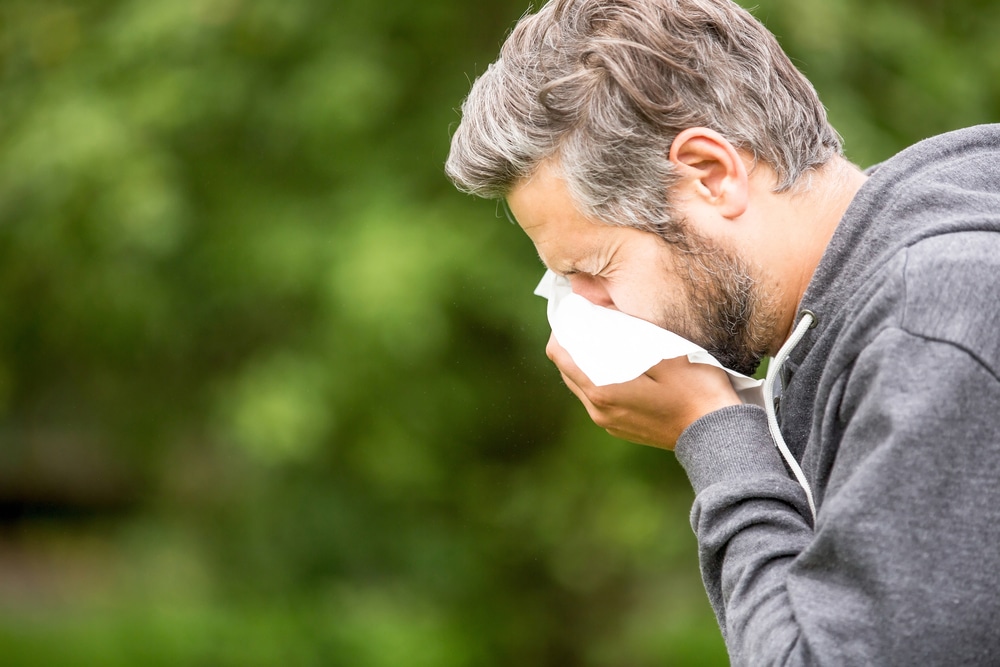
There is nothing harmful in pollen to humans. It’s such a safe substance it can even be used as a nutritional supplement.
But there are some people whose immune system is overly sensitive. This is what causes an allergic reaction.
When pollen enters the body through the nose or mouth, your immune system mistakes it as a threat. To get rid of this threat, your body triggers an immune response.
Your body will cough and sneeze, and your eyes will water in an attempt to flush out the alleged toxins. You may also develop a rash, which is the result of your body releasing histamines. Your immune system produces histamines, a chemical that acts as a security guard, throwing out anything that doesn’t belong inside you.
When Does Pollen Season Start?
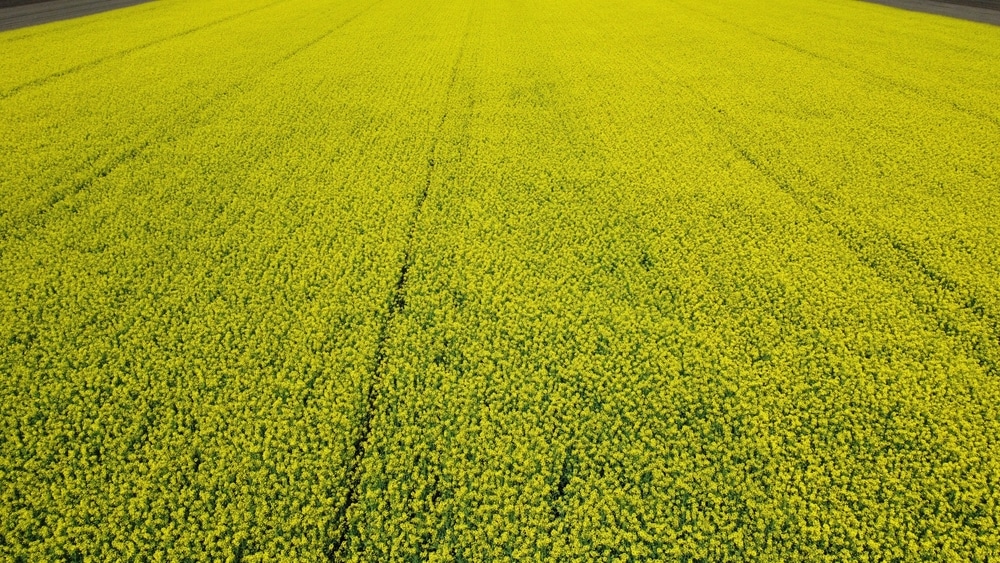
Pollen season usually begins in the very early spring, around March. But this isn’t a time of year when all flowering plants suddenly burst with pollen.
Different species produce pollen at different times of the year, and the trees make the first grand entrance.
Over the course of the year, other plants will start producing pollen, which typically continues until around October.
If you have seasonal allergies, you’ll find that between November and January, things tend to ease up a bit. However, some plant species pollinate year-round, and some trees produce pollen as early as January.
Pollen season also occurs at different times throughout the world.
When Does Pollen Season Start Around The World?
In the United States, tree pollen season can begin as early as February and generally lasts until around May. After this, grass pollen season continues from April through June, while weed pollen season starts in August and can last until November.
Moving north into Canada, tree pollen season usually begins around May, sometimes at the end of April if the weather is right. Grass pollen season peaks from May to July, alongside weed pollen. Both of these may calm down but typically peak again between August and October.
In the UK, pollen season typically begins in late March, when the first trees pollinate. However, this could begin as late as May. Grass pollen season starts in May and continues until around the end of July. But it’s not over yet, as the weed pollen season can last until September.
Australia experiences slightly different pollen seasons, with places like Brisbane and the Northern Territory having year-round allergy seasons. However, if you move south to Melbourne or Tasmania, tree pollen peaks around October and November. Grass pollen season is usually around the same time but doesn’t last for more than a couple of months.
How Has Climate Change Affected Pollen Season?
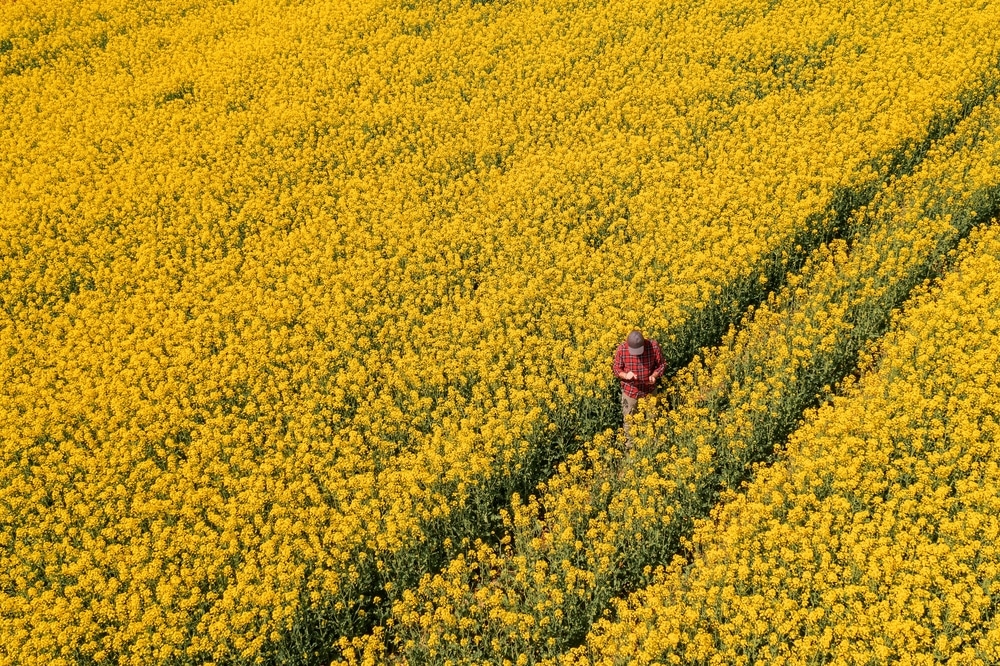
Climate change is responsible for a wealth of problems in nature, including pollen season. Because of this, it is reported that in North America, pollen season is starting much earlier and lasting much longer. Not good news for allergy sufferers!
This research has shown that since 1990, the amount of pollen in the air has risen by as much as 21%.
One of the main reasons for this is climate change. You’ll have noticed that the seasons all seem to be shifting into one. Summers are wetter and warmer, and winters are much milder.
Since plants use environmental cues, such as the weather, to know when to produce pollen, this shift has caused serious confusion. As such, plants and trees produce pollen much earlier than they should.
At the other end of the pollen season, fall is happening much later, so there’s still a lot of pollen in the air in October.
I’ve noticed these changes myself over the years. As a child in the ‘90s, my allergies typically began around May or June. However, now it can be as early as February that I’m being awoken in the night with an itchy nose and tickly throat; that’ll teach me to sleep with the window open!
Pollen At Different Times Of The Year
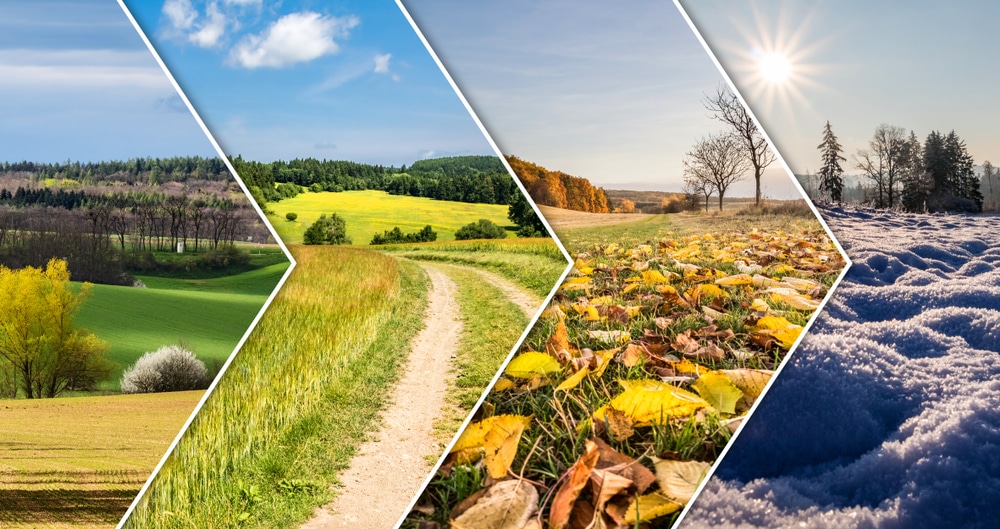
As I have mentioned, different plants release pollen at different times of the year. Whether you’re looking to get the most out of your garden or want to avoid those pesky seasonal allergies, knowing what to expect in each season can be of great help.
Let’s start with spring.
Spring
Tree pollen is usually the first to be released, and this can happen as early as February but usually starts around March.
Species like oak, birch, yew, and ash are some of the main culprits. Many people associate seasonal allergies with colorful flowers, but these trees are much more discreet with releasing their pollen.
This is largely because much of their pollination relies on the wind and is why your allergies may start early. As the breeze carries pollen along, it very easily gets into your nose, eyes, and mouth just by being outdoors.
Summer
In summer, grass pollen becomes incredibly abundant. This is also a common trigger for those that suffer from seasonal allergies.
Various grass species produce a lot of pollen, including Kentucky blue, rye, Timothy, and orchard, although these are more common in northern areas. They usually begin pollination in early summer, around May, and this continues until the end of June.
The good news for hay fever sufferers is that July offers some relief from symptoms because the dry weather tends to halt pollination.
Autumn
It’s the weeds’ turn in autumn, and ragweed is one of the most common culprits. The term hay fever actually comes from the fall allergies farmers experienced in the fields during harvest time.
Russian thistle, yellow dock, pigweed, and lambs quarter all pollinate at this time of year. Many people have become complacent by fall and think their allergy symptoms have passed, but these species can all make them rear their ugly heads once again.
Winter
Winter is a time of much-needed relief for anyone with a pollen allergy. A few plants pollinate during winter, such as willow and snowdrop, but for most people, this doesn’t cause any allergy symptoms.
What To Do When Pollen Season Starts
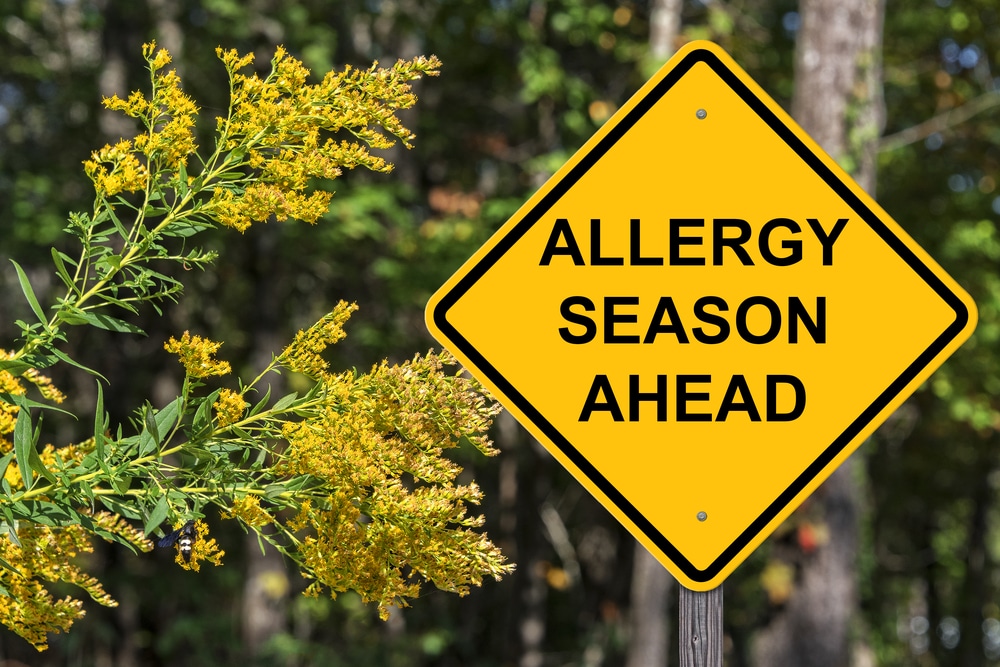
Before anything else, consult your doctor for professional allergy advice and treatment. With that said, let’s talk about what to do when pollen season starts.
Allergies are not usually serious, and you can treat them at home. One of the most common methods is to use an over-the-counter antihistamine medication, which will block the effects of the histamines released by your body.
Some people find these drugs not strong enough, though, particularly if they have severe allergies. But all is not lost. Your doctor can prescribe stronger medication to help alleviate your symptoms.
If you have a respiratory health condition, such as asthma, you may be more susceptible to breathing difficulties due to allergies. I suffer from asthma and cannot tell you the importance of sticking to a strict routine with your prevention medication. Your doctor may also advise you to increase your dose. Make sure not to do this without their say-so.
It’s also possible to avoid triggers by not going to areas with many trees and flowering plants. For example, if you’re allergic to grass pollen, taking a picnic to a meadow isn’t typically the best idea!
Some home remedies can work wonders for hay fever symptoms as well. For example, drinking honey and lemon water to soothe a cough is very effective. Placing Vaseline around your nostrils can prevent pollen from entering as it’ll stick to the product.
I would also advise wearing wraparound sunglasses to protect your eyes and ensuring you regularly wash your clothes to eliminate any pollen that may stick to them.
While there is no cure for seasonal allergies, these methods can significantly reduce your symptoms and improve your quality of life.
Final Thoughts
Knowing when pollen season starts is essential for allergy sufferers. Getting a headstart on your medication can reduce the chance of nasty symptoms interrupting your daily life.
It’s also great knowledge to have when caring for your garden because you can encourage pollination for your plants at the right time.
In short, knowing when pollen season starts is essential.
